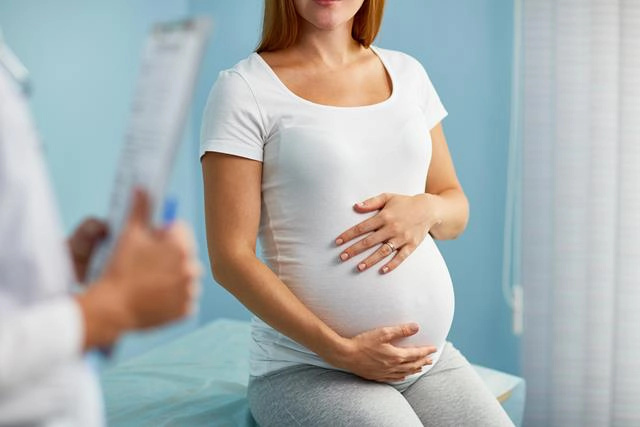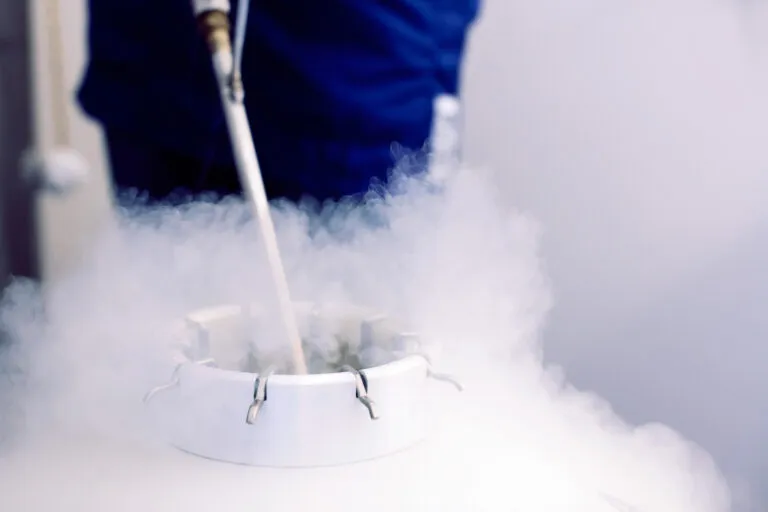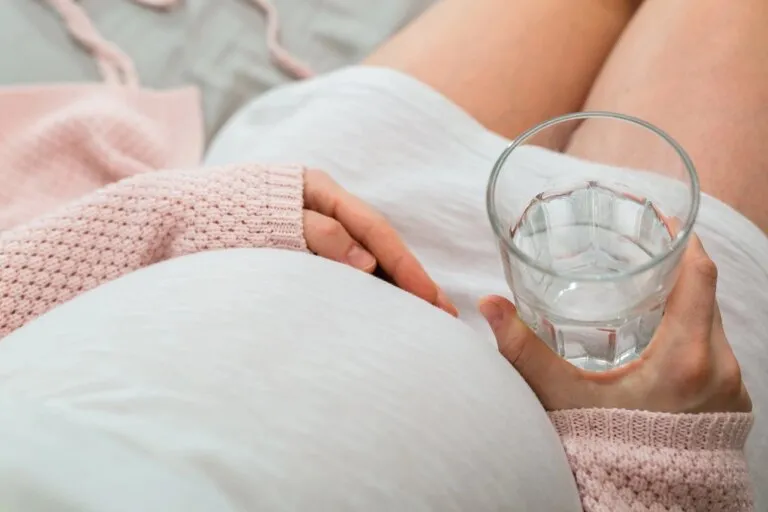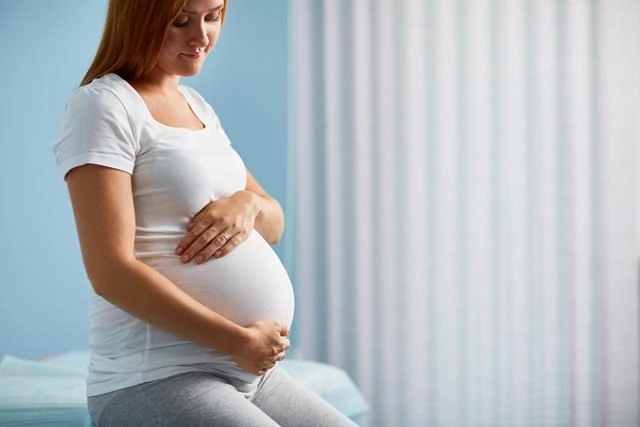Allergic diseases are becoming increasingly common worldwide. Allergy symptoms vary, but in most cases they are annoying. During pregnancy, a woman's immune system works differently than before, which is why allergy symptoms can worsen. How are allergies treated during pregnancy? Is an allergy linked to the occurrence of a premature birth?
Where does the allergy come from during pregnancy?
Allergies are caused by an abnormal immune response to a specific allergen that does not cause such a reaction in a healthy person. If a woman already has an allergy, she may experience both a calming and an worsening of symptoms during pregnancy. During these 40 weeks, the expectant mother’s immune system has to cope with tolerating the developing, antigenically foreign foetus. For this reason, the expectant mother’s organism can react to previously occurring allergens in the environment in different ways – both with a weakened or absent reaction and with a worsening of allergy-related symptoms.
One of the most common allergic diseases is allergic rhinitis. It manifests itself most frequently:
- Heavy watery nasal discharge
- Sneezing
- Itching
- Feeling of a blocked nose
It can also be accompanied by conjunctivitis, for example.
Allergens during pregnancy
The most common inhalation allergens are:
- Grass and tree pollen
- Dust and mites
- Pet hair
- Fungi, mould
Allergic symptoms can also occur after eating a variety of foods such as fruit. People with inhalant allergies are also at risk of a cross-reaction. This is an inhalant allergen that is closely related to a specific food allergen. An example of this phenomenon is a food allergy to apples, which is very often combined with an allergy to birch pollen. The symptoms that occur in this case include a burning sensation in the mouth, swollen lips or tongue in addition to the typical symptoms of an inhalant allergy. Cross-reactions are often treated by removing the ingredient in question from the diet. However, this step should always be preceded by a visit to the doctor.
Allergy treatment during pregnancy
Allergic rhinitis has no negative effects on the developing foetus. However, it can be very stressful for the pregnant woman. If a woman has already suffered from allergies before pregnancy, she should discuss with her doctor whether she can continue to take her existing medication during pregnancy. If allergy symptoms only occur after pregnancy, it is best to visit a counselling centre and identify the allergen. This way you can try to avoid it so that it does not lead to a worsening of your symptoms.
Allergies during pregnancy should never be treated on their own, as certain medications can have negative effects on the developing baby. As a rule, second-generation antihistamines such as cetirizine or loratadine are used. Intranasal steroids such as budesonide are also recommended for allergic rhinosinusitis.
Desensitisation during pregnancy
Many women wonder whether it is possible to be desensitised during pregnancy. If a woman has already been desensitised, immunotherapy can usually be continued. If the allergy was only diagnosed during pregnancy, desensitisation is only recommended after delivery. Please note that in some cases side effects such as local reactions or urticaria may occur. However, these occur very rarely.
Allergy and premature birth
The causes of premature birth are still largely unknown to experts. One of the factors that can contribute to the occurrence of premature births is an allergic reaction. The mechanism cited as an argument is the production of prostaglandins or histamine by mast cells, which are able to trigger the contraction activity of the uterus. However, it has not been clearly proven that an isolated allergic reaction can lead to premature labour. However, due to the often unpleasant symptoms of sensitisation, it is advisable to remain under the supervision of an allergist throughout the pregnancy and to take the specified medication.
Rhinitis during pregnancy – other causes
Rhinitis during pregnancy can have more than just allergic causes. In addition to allergic rhinitis, there is also so-called hormonal rhinitis, which can occur right at the beginning of pregnancy. It is the result of hormonal changes in the female body. It is diagnosed when the expectant mother complains of a runny nose but does not associate it with contact with an allergen. With this form of rhinitis, there are no other symptoms that would indicate an allergy or a cold, for example. Hormone-induced rhinitis is usually chronic and persists in some women throughout their pregnancy, making it difficult to get a restful night’s sleep, among other things.










